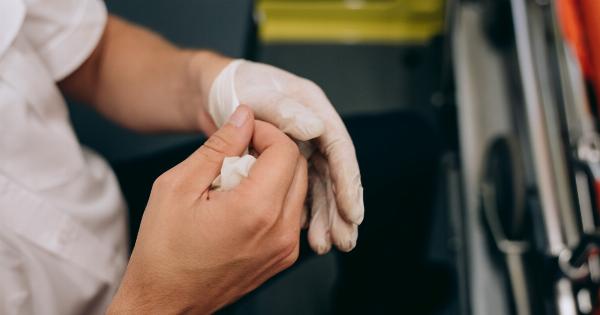When you’re trying to conceive, it’s important to focus on your overall health and well-being. A key aspect of this is maintaining a balanced and nutritious diet.
Certain foods can boost your fertility and increase your chances of getting pregnant, while others can have a negative impact on your reproductive health. In this article, we’ll explore the fertility foods that you should include in your diet and the ones you should avoid.
The Role of Diet in Fertility
Research suggests that a healthy diet plays a crucial role in promoting fertility, both in men and women.
A well-balanced and nutrient-rich diet can regulate hormones, improve egg quality, promote ovulation, enhance sperm count and motility, and create an optimal environment for conception and implantation. Conversely, a poor diet can lead to hormonal imbalances, inflammation, and other reproductive issues that can hinder fertility.
Essential Nutrients for Fertility
1. Folate: Also known as vitamin B9, folate is important for both men and women when it comes to fertility. It helps prevent birth defects and supports the early development of the baby.
Include leafy greens, citrus fruits, and fortified grains in your diet to increase folate intake.
2. Zinc: This mineral is crucial for reproductive health and hormone regulation. Zinc deficiency can lead to poor sperm quality and ovulation problems. Good sources of zinc include oysters, lean meats, legumes, and nuts.
3. Omega-3 Fatty Acids: Found in fatty fish, flaxseeds, and walnuts, omega-3 fatty acids support hormonal balance and reduce inflammation. They are beneficial for both male and female fertility.
4. Antioxidants: These combat free radicals and protect reproductive cells from damage. Foods rich in antioxidants include berries, dark chocolate, nuts, and colorful vegetables like spinach, carrots, and tomatoes.
5. Iron: Iron is crucial for maintaining healthy blood and ensuring proper oxygen supply to reproductive organs. Good sources of iron include lean meats, beans, fortified cereals, and leafy greens.
Fertility Boosting Foods
1. Avocado: Packed with healthy fats and vitamin E, avocados support hormonal balance and improve embryo quality.
2. Eggs: A great source of protein and nutrients like choline, eggs are beneficial for fertility and early fetal development.
3. Berries: These antioxidant-rich fruits protect eggs and sperm from damage caused by free radicals.
4. Spinach: Rich in iron and folate, spinach promotes healthy ovulation and supports overall reproductive health.
5. Walnuts: High in omega-3 fatty acids and antioxidants, walnuts have been linked to increased sperm quality and motility.
6. Citrus Fruits: Vitamin C-rich fruits like oranges and strawberries enhance sperm quality and prevent sperm DNA damage.
7. Lentils: These legumes are a good source of protein, iron, and folate, supporting fertility in both men and women.
8. Salmon: Packed with omega-3 fatty acids and vitamin D, salmon promotes hormone regulation and supports reproductive health.
9. Pumpkin Seeds: These contain zinc, essential fatty acids, and antioxidants, all of which are important for fertility.
10. Greek Yogurt: High in protein and calcium, Greek yogurt helps maintain hormonal balance and supports reproductive function.
Foods to Avoid
1. Trans Fats: Found in fried and processed foods, trans fats can increase the risk of ovulatory infertility.
2. High Mercury Fish: Certain fish like shark, king mackerel, and swordfish contain high levels of mercury, which can negatively impact fertility and harm the developing fetus.
3. Excessive Caffeine: Consuming too much caffeine has been linked to fertility problems and an increased risk of miscarriage. It’s best to limit your intake to 200 mg per day.
4. Alcohol: Heavy drinking is known to reduce fertility in both men and women. If you’re trying to conceive, it’s recommended to avoid alcohol altogether.
5. Refined Carbohydrates: Foods such as white bread, pastries, and sugary snacks have a high glycemic index, which can lead to hormonal imbalances and decreased fertility.
Conclusion
Paying attention to your diet and consuming fertility-boosting foods while avoiding harmful ones can significantly improve your chances of getting pregnant.
Incorporate nutrient-rich foods, such as avocados, berries, spinach, and walnuts, into your meals, and limit your consumption of trans fats, high mercury fish, caffeine, alcohol, and refined carbohydrates. Remember, a balanced and healthy diet, along with regular exercise and reducing stress, can work wonders for your reproductive health.


























